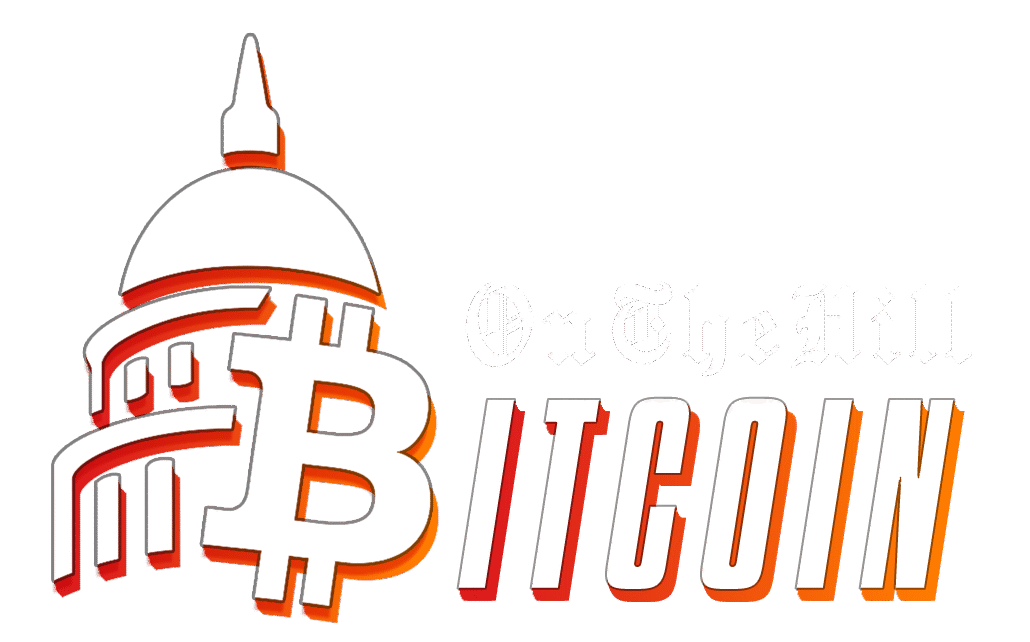Fidelity Investments Adds Solana (SOL) to Crypto Offerings, Signaling Institutional Enthusiasm
Fidelity Investments just took another bold step into the world of cryptocurrency by making Solana (SOL) available to its clients. This move puts SOL, one of crypto’s fastest-growing blockchains, on the radar for institutional investors and mainstream users alike.
The announcement comes as interest in the Solana network surges, with many in the crypto community seeing it as the future hub for global digital capital markets. Fidelity’s decision follows growing momentum for Solana among leading firms eager for scalable, high-speed blockchain solutions.
Why Solana Is Gaining So Much Attention
Known for its impressive transaction speeds and low fees (learn about transaction fees), Solana has quickly attracted both startups and investment giants. From supporting hundreds of decentralized applications (dApps) to powering millions of daily transactions, it’s become a top player in the DeFi and NFT ecosystems.
By broadening its crypto options to include SOL, Fidelity underscores the growing demand for diversification in digital assets among its institutional and retail clients.
Institutional Players Are Warming Up to Solana
It’s not just individual traders keeping an eye on Solana—institutions are increasingly buying in. According to Cointelegraph’s report, this addition by Fidelity signals a greater institutional recognition of Solana’s potential to underpin future internet-scale markets.
Fidelity’s entry also echoes recent product launches from providers like BlackRock and Grayscale, who have introduced major funds and trusts focused on crypto assets.
What Does This Mean for Investors—and for the Crypto Ecosystem?
Opening the door to Solana could mean easier access and greater acceptance for digital assets by traditional finance players. For young investors and crypto enthusiasts, this is a sign that public perception and financial infrastructure are evolving fast.
To learn about the risks and rewards of cryptocurrencies, check out this Investopedia explainer on digital currencies.
A Political Perspective: The Battle for Financial Freedom and Innovation
This shift isn’t just about investment choices—it’s a part of the larger conversation about financial regulation and digital freedom. As more big firms like Fidelity embrace crypto, young people should pay attention to ongoing policy debates in Congress and at the U.S. Securities and Exchange Commission (SEC).
Efforts to regulate or restrict cryptocurrency often reflect deeper questions about who controls access to financial systems and how future generations will build or challenge existing power structures. If you care about open financial networks and digital rights, keep an eye on crypto policy—and make your voice heard in elections and public debates. The more mainstream crypto becomes, the more vital digital policy is for young voters who want to shape the financial future.
Read the original story from Cointelegraph for more details.





